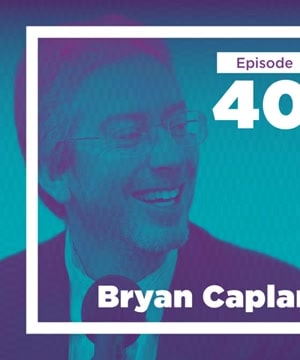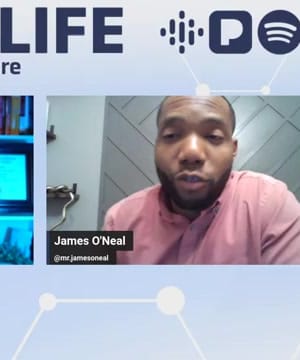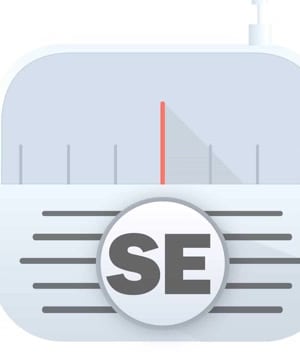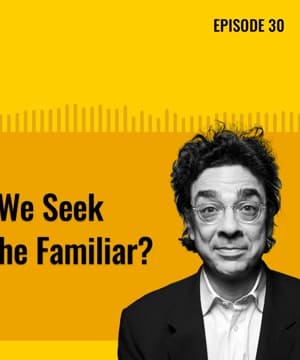Education bias
Sources:
Discussions on education bias highlight several key points made by experts across different podcasts:
-
Completion Probability and Overrated Education: Bryan Caplan explains that many educators and economists emphasize increasing completion probabilities to boost expected returns from education. However, this approach may reflect a biased view that overvalues education, especially since completion rates significantly impact the return on investment in education, such as earning only 15% of the payoff without a degree completion 1.
-
Sociopolitical Bias in Academia: Steve Hilton discusses the liberal bias in faculty at Ivy League institutions, which impacts the academic environment and discourse. He highlights an instance where 96% of political donations from faculty members went to one candidate, indicating a dominance of one political perspective which undermines balanced education 2.
-
Unconscious Bias in Educator Expectations: James O'Neal talks about the different expectations placed on students based on race. He emphasizes that educators often unconsciously develop biases about which students are capable, leading to inequitable educational outcomes. Addressing these unconscious biases is crucial for creating an equitable learning environment 3.
-
Gender Bias in Educational Software: Margaret Burnett notes that education software often perpetuates gender biases and cognitive biases, similar to other software applications. These biases can negatively impact how different genders interact with educational tools and learn from them 4.
-
Political and Confirmation Bias: Stephen Dubner highlights that the most educated individuals often hold the most extreme views because they are adept at seeking out information that confirms their biases while avoiding contradictory evidence. This reflects a broader issue of confirmation bias, which education alone does not mitigate 5.
These insights demonstrate how biases manifest in different aspects of education, from institutional practices to individual expectations and the tools used in the classroom. Addressing these biases requires a multifaceted approach, focusing on awareness, inclusivity, and critical examination of educational practices and policies.
RELATED QUESTIONS-



